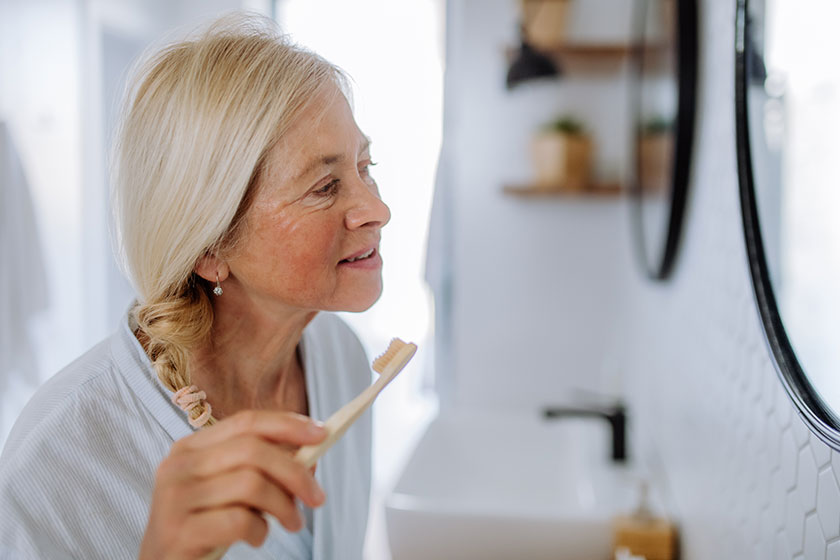ADLs are basic tasks that people need to be able to do on a regular basis, such as eating and bathing. Here are the five daily living activities:
Defining ADL
The Activities of Daily Living Scale (ADL-S), developed in 1979 by Dr. John S. Willis, is one method for measuring ADLs. It’s a series of questions about your ability to perform six basic ADLs: bathing, dressing, eating, transfer from bed/chair/car/bathtub, and toileting. You can rate your own performance with each task on a scale from 0-5 (5 being the best), with one being unable to perform the task at all and five being able to do it independently with no help needed at all times. Here are the factors in ADLs.
- Continence – The ability to control urination and bowel movements.
- Bathing – It is a very important part of daily life. It’s essential for health and hygiene.
- Eating – It is important to eat the right foods and make sure you get enough vitamins and minerals, particularly if you have a medical condition or are not able to do much physical activity.
- Dressing – It is the process of putting on clothes.
- Mobility – Ability to move from one place to another
How To Conduct ADL
The assessment is done in a controlled environment, with the same conditions and tools each time and done by the same person each time. This means that if your mother has dementia, you will be given instructions on how to help her complete her ADLs by an experienced clinician who specializes in working with people with Alzheimer’s disease or another form of dementia. The assessment follows a set procedure, which allows the rater (the person who assesses your loved one) to compare results over time so they can see how well their performance has changed over time.
Considerations Before Conducting ADLs
It may not be possible for you to rate yourself objectively, so someone else may do the assessment. The person who does the evaluation needs to be familiar with the criteria and should not be biased in any way. They should also take into account:
- the individual’s physical abilities
- the individual’s mental abilities (for example, if they are depressed or confused)
Can You Do it Yourself?
Yes. Self-reporting your abilities allows you to assess your ADLs accurately and even predict how well you’ll function in the future. If you find yourself having difficulty with an activity, there are many options for treatment that can improve your performance of them.
This also goes a long way towards making sure that people with disabilities have access to care because it helps identify what kinds of assistance are needed for a person’s particular condition.
Getting Help
If you are concerned about you or your loved ones level of independence and want to know if it has changed since your last assessment, contact your doctor or nurse at the earliest opportunity. For more information regarding retirement communities, contact us today.







